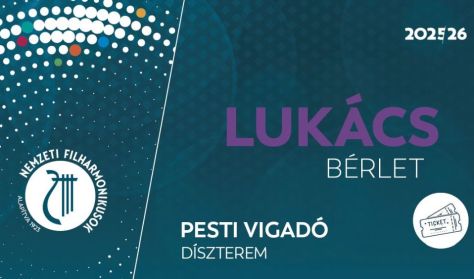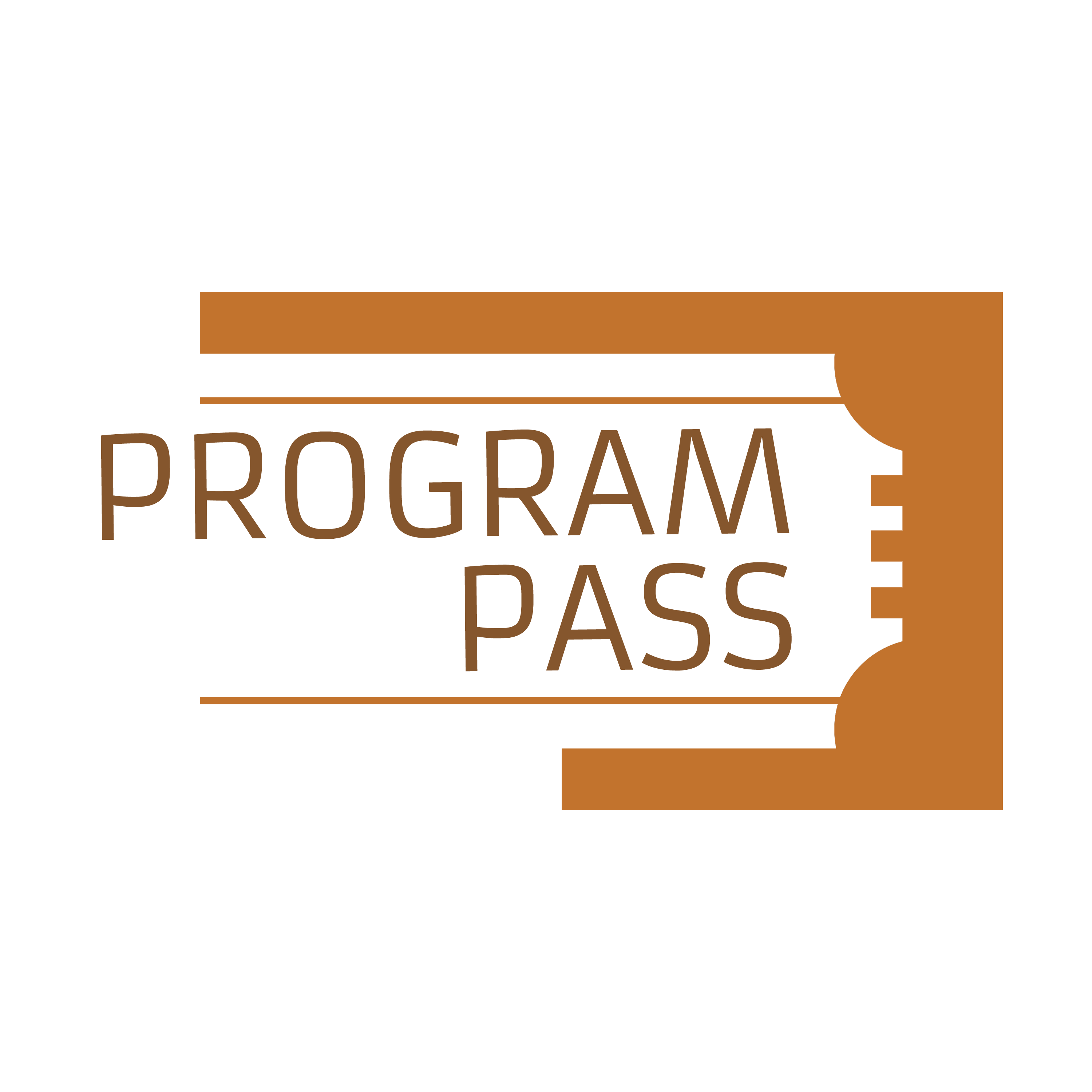The programmes, too, promise much of interest for music lovers seeking fresh experiences. These include, on the first evening, the overture to Richard III, an opera by Robert Volkmann, one of the Liszt Academy’s earliest esteemed professors and a Romanticcomposer in his own right, followed by a bold stylistic leap into György Kurtág’s Viola Concerto. Similarly intriguing juxtapositions will emerge in the later concerts, with Tchaikovsky’s overture-fantasia The Tempest paired with Emil Petrovics’s Cantata No. 5 in the second, and Schumann’s Julius Caesar Overture leading into György Orbán’s work for string orchestra Sopra canti diversi and Erich Korngold’s Much Ado About Nothing Suite in the third.
Crowning the more obscure music making up the first half of these quite masterfully researched concert programmes will be second halves each comprised of one of the most majestic pillars of the core repertoire in the form of a Beethoven symphony, starting with his Seventh in the first instalment, his Sixth, the “Pastoral”, in the second, and his Fifth, known as the “Fate Symphony”, in the third. As far as the soloists go, we will have Máté Szűcs, one ofthe most outstanding violists of our time, interpreting the Kurtág concerto, and Zsombor Cserményi singing the bass part in Petrovics’s cantata.

